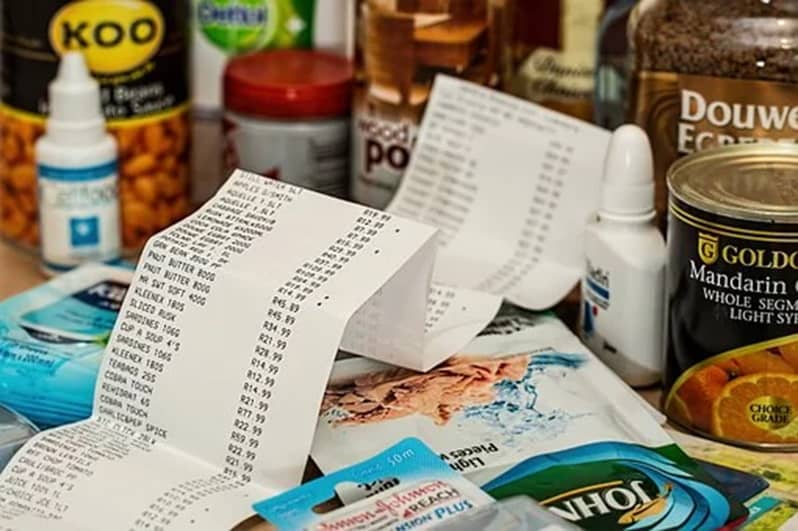We’re living in a time where the economy is no one’s friend. In most places around the world, the cost of living keeps on soaring and inflation is a harsh reality. The best you can do is to work your bones off to meet your personal needs and lead a good life. Even as you focus on improving your physical and mental health, your financial health is just as important. You may not be living from paycheck to paycheck, but if you’re the kind of person who is a bit focused in life, you know by now that having a budget, is key to leading a healthy and comfortable life now and in the future. What’s more, it’s never too late to start cultivating a stable financial future.
But then again, budget is a relative subject, whose definition may vary from one person to the other. While some people are forced to maintain a budget just because they don’t have enough to meet their personal needs and wants, others stick to a budget so they can divert some of their money into investments and savings for the future.
But let’s leave the comparative budgeting topic for another day. Without further ado, here are 5 things to do when on a budget.
1. Set Your Financial Goals
To secure your future financial freedom, nothing is more important than setting financial goals. These include both short-term and long-term goals. According to Goalry’s Julia Peoples on this URL, healthy financial goals need to be specific, measurable, attainable, realistic, and time-restricted. It’s mostly about identifying your current and future financial needs and setting a time-frame within which you’d like to accomplish or fulfill these needs. Setting goals allows you to stay focused and remain committed to achieving them with the little or huge income you have. After all, money is never enough, it’s how you manage it and what you do with the little you get that makes all the difference. With your financial goals set, observing discipline when it comes to your budget is way much easier.
2. Involve Your Family
Especially if you’re married, nothing is more important than creating a budget with your family. This way, you make sure that no one in the family misses out on the most essential items just because you’re trying to maximize your savings or leave some money aside for investments. It’s also an added advantage if your spouse is also bringing something into the budget and you’re sharing dreams about a successful future together. Additionally, your partner may also push you out of your comfort zone so you can become more accountable as far as money matters are concerned.
3. Minimize Your Spending

If there’s one important thing when it comes to budgeting, call it monitoring your expenditure. When on a budget, each and every coin needs to be accounted for. You can take it to the bank, some of the most financially stable individuals will tell you that to make things work when on a budget, you need to observe financial discipline when it comes to spending. It’s not the time to spend from your credit card buying stuff you barely need or things you can do without. Before you go ahead and swipe that card, take a second to think to yourself, “Is this really necessary”. This way, you’ll minimize the need to borrow and you’ll hardly get into a rabbit hole of unmanageable debt.
4. Pay Off Your Debt
Being on a tight budget is never an excuse to default payments or fall deeper into debt. As a matter of fact, it’s probably an indication that things are not looking so good for you financially, which is all the more reason to prioritize debt repayment. One of the best things you can do is to start with high-interest debts so you can clear them as soon as you can to free some money for other needs. If it becomes a bit overwhelming, you can also seek debt relief options such as debt consolidation, HELOC, and bankruptcy, among others. If you file for bankruptcy, one way of starting fresh and rebuilding your credit is through bankruptcy car loans. Clearing your debts sets you free not only financially, but also mentally so you can channel your efforts into other personal development paths.

Finally, nothing is more important than setting some money aside for unforeseen emergencies. In addition to bank account savings, make things such as insurance and retirement savings a priority so you can have a fallback plan if things turn out sour in the future. All the same, make sure you stick to your budget at all times and you’ll have little to regret in future.



